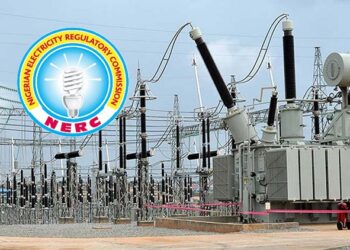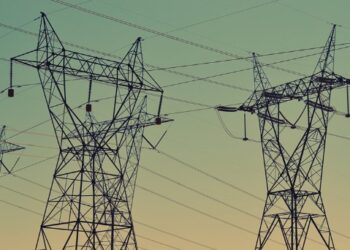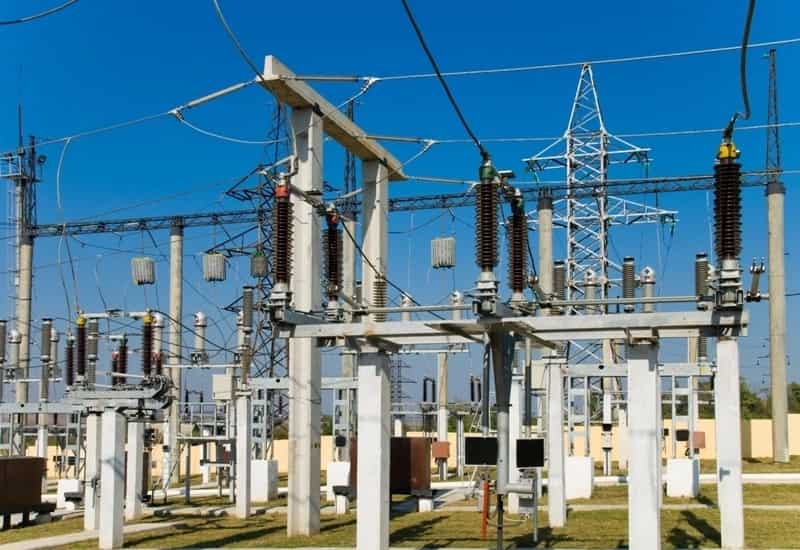The national grid has collapsed for the third time in less than a week, plunging the nation into a major blackout.
The grid, which has experienced significant disruptions over the past few days, was restored just two days ago before suffering another collapse on Saturday.
As of 9 a.m. today, Nairametrics checks revealed that the grid was transmitting 0 megawatts to the eleven distribution companies (DisCos) nationwide.
This marks the eighth grid failure in 2024, with three occurring within the past week.
At the time of reporting, the Transmission Company of Nigeria (TCN), responsible for managing the national grid, has yet to release a statement regarding the latest collapse.
Meanwhile, Nairametrics observed that several states remain without power, as the grid’s inability to transmit electricity has left households and businesses in complete darkness.
Backstory
Nairametrics previously reported on Tuesday that Nigeria’s national grid collapsed again, triggering another blackout just 24 hours after power was restored.
Various distribution companies (DisCos) confirmed the latest collapse, which occurred around 9 a.m. on Tuesday.
The DisCos reported that efforts are underway to restore electricity, but the frequent collapses have heightened frustration among citizens and businesses already grappling with unreliable power supply.
In a message to its customers, Ikeja DisCo stated:
“Please be informed that we experienced another system outage today, 15/10/24, at 09:17hrs, affecting supply within our network. Restoration of supply is ongoing in collaboration with our critical stakeholders. Kindly bear with us.”
What you should know
Nigeria’s electricity sector remains plagued by the persistent challenges of a fragile national grid, often resulting in nationwide blackouts.
- Nairametrics reported two grid collapses earlier this week within a 24-hour period.
- By October 2024, the grid had collapsed seven times, severely disrupting power supply across the country and forcing businesses to rely heavily on self-servicing generators to sustain operations.
- In November 2013, the federal government privatized power generation and the 11 distribution companies, while retaining ownership of the transmission company to enhance efficiency in the sector.
- Despite these efforts, grid failures have persisted, prompting calls for further reforms. Some stakeholders are now advocating for the privatization of the grid system and state-level power transmission to reduce pressure on the national grid and improve stability.
























